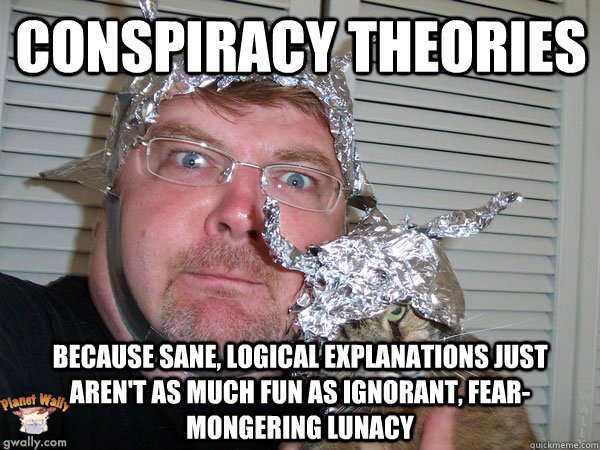Dafunkdoc_Unlimited
Theological Noncognitivist Since Birth
- Joined
- Jul 25, 2012
- Messages
- 45,062
- Reputation
- 8,164
- Daps
- 122,346
- Reppin
- The Wrong Side of the Tracks
Another major study has found no evidence that the common childhood vaccine that protects against measles, mumps and rubella increases the risk of autism.
The research published Monday in medical journal Annals of Internal Medicine studied more than 657,461 children born in Denmark to Danish-born mothers between 1999 and December 2010. Of the more than 650,000 children included in the nationwide cohort study, 6,517 were diagnosed with autism over the next decade. Researchers, though, found no overall increased risk for autism among the children who received the vaccine when compared to others who had not. This was true even of children who are high risk because they have a sibling with autism, the study said.
"The study strongly supports that MMR vaccination does not increase the risk for autism, does not trigger autism in susceptible children, and is not associated with clustering of autism cases after vaccination," the authors wrote.
The findings come as a measles outbreak worsens nationwide in the U.S., with many cases concentrated in Washington state. A study published last year found that a dozen states have reported an increase in the number of kindergarten-age children enrolled in schools with nonmedical exemptions since 2009. Families seek such exemptions from school vaccination requirements on religious or philosophical grounds, but an increase in unvaccinated children has, in part, been tied to the medically discredited belief that vaccines cause autism spectrum disorder.
Autism spectrum disorder, a developmental disorder, affects about 1 in 59 children, according to the most recent estimates at time of publication from the Centers for Disease Control and Prevention. Measles can be spread through coughing or sneezing and nearly everyone who comes into contact with the virus and isn't immunized will get sick. Infected people can spread the highly-contagious disease before even realizing they have it, according to the Centers for Disease Control and Prevention.
The latest research was a follow-up to a similar study published in November 2002, which was conducted by some of the same researchers at the Statens Serum Institut in Copenhagen. That study, published in the New England journal of Medicine, studied more than 537,000 Danish children and also provided strong evidence against the thought that the MMR vaccination causes autism.
Ninety-five percent of the children in the latest study got vaccinated, and researchers followed them through the end of August 2013. According to the study, children who were vaccinated for MMR were seven percent less likely to develop autism than kids who didn't receive the vaccine.
Researchers said some kids may have had autism that went undiagnosed before receiving the MMR vaccine.
Here's the actual study.....
Measles, Mumps, Rubella Vaccination and Autism | Annals of Internal Medicine | American College of Physicians
Measles, Mumps, Rubella Vaccination and Autism | Annals of Internal Medicine | American College of Physicians
Results:
During 5 025 754 person-years of follow-up, 6517 children were diagnosed with autism (incidence rate, 129.7 per 100 000 person-years). Comparing MMR-vaccinated with MMR-unvaccinated children yielded a fully adjusted autism hazard ratio of 0.93 (95% CI, 0.85 to 1.02). Similarly, no increased risk for autism after MMR vaccination was consistently observed in subgroups of children defined according to sibling history of autism, autism risk factors (based on a disease risk score) or other childhood vaccinations, or during specified time periods after vaccination.
Let the Juelzing Begin!!!!!





